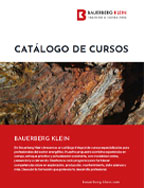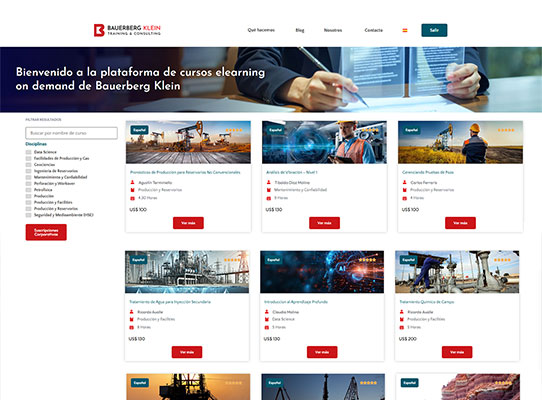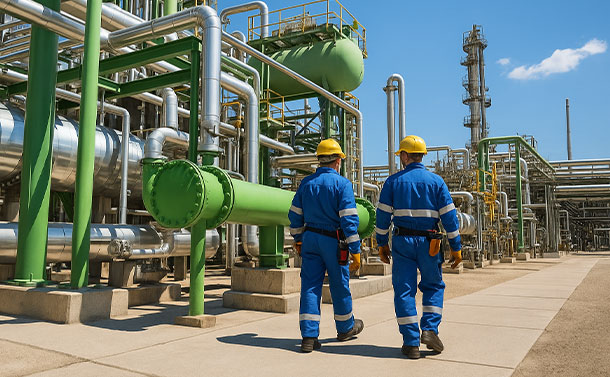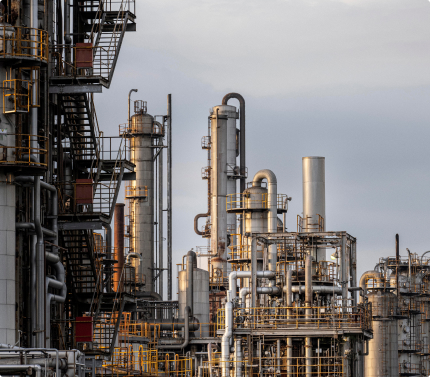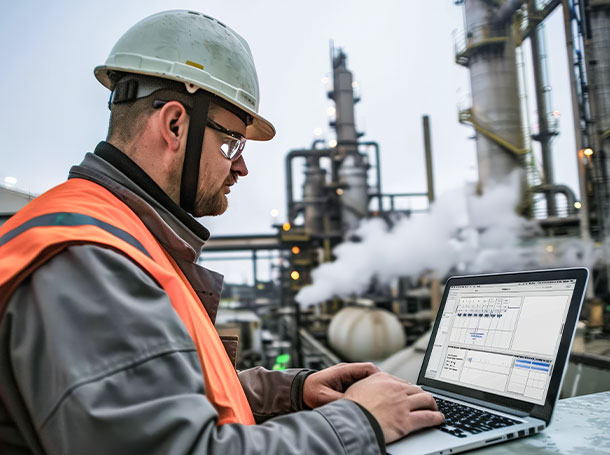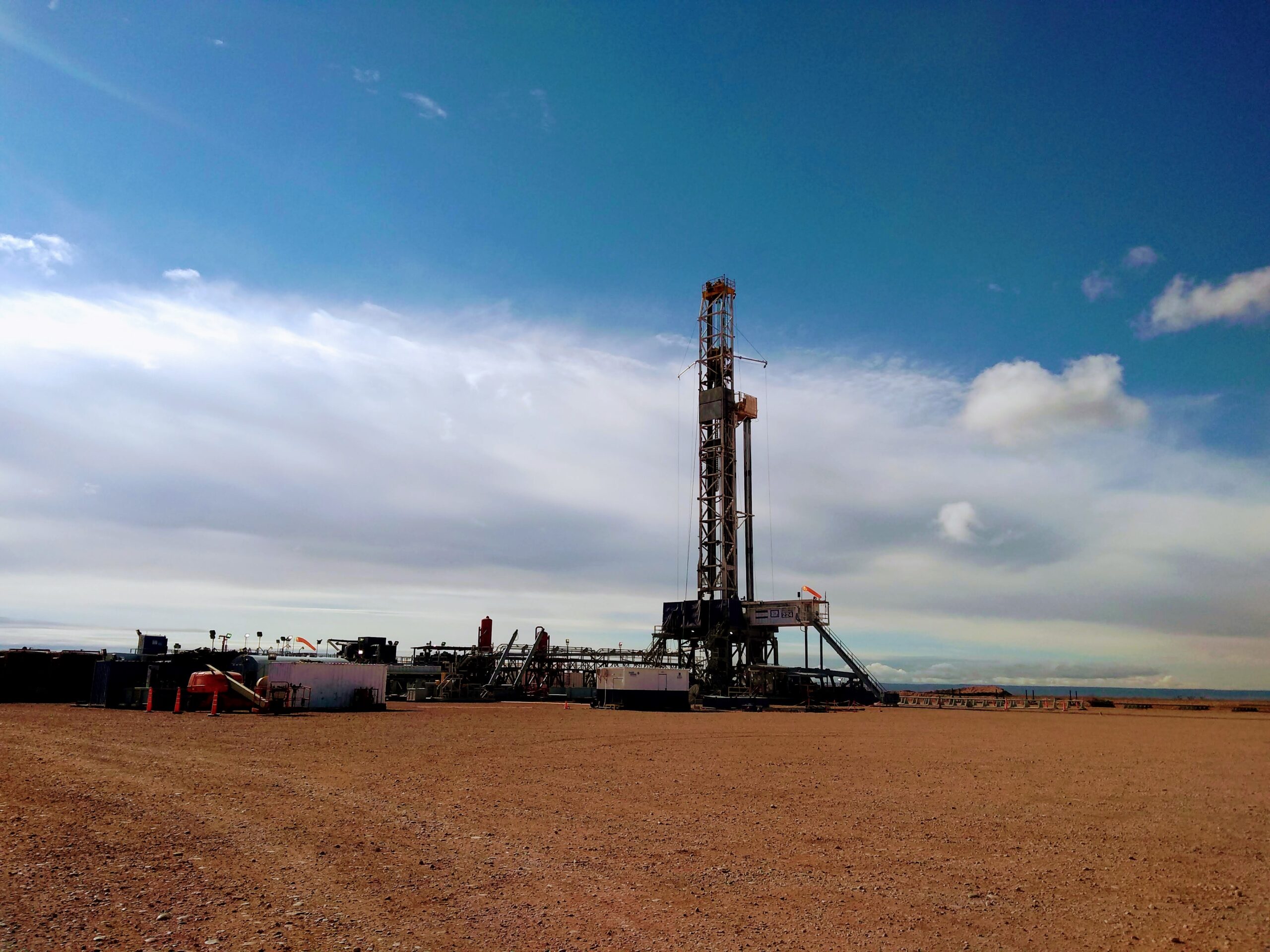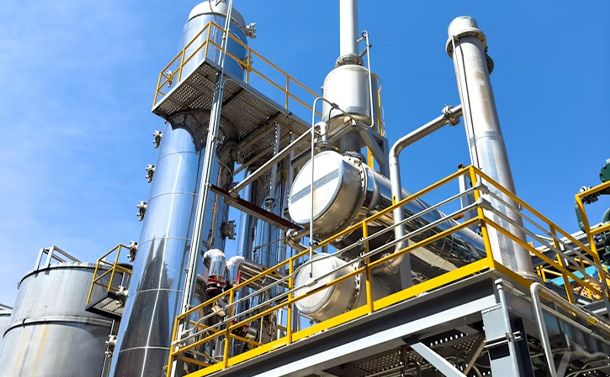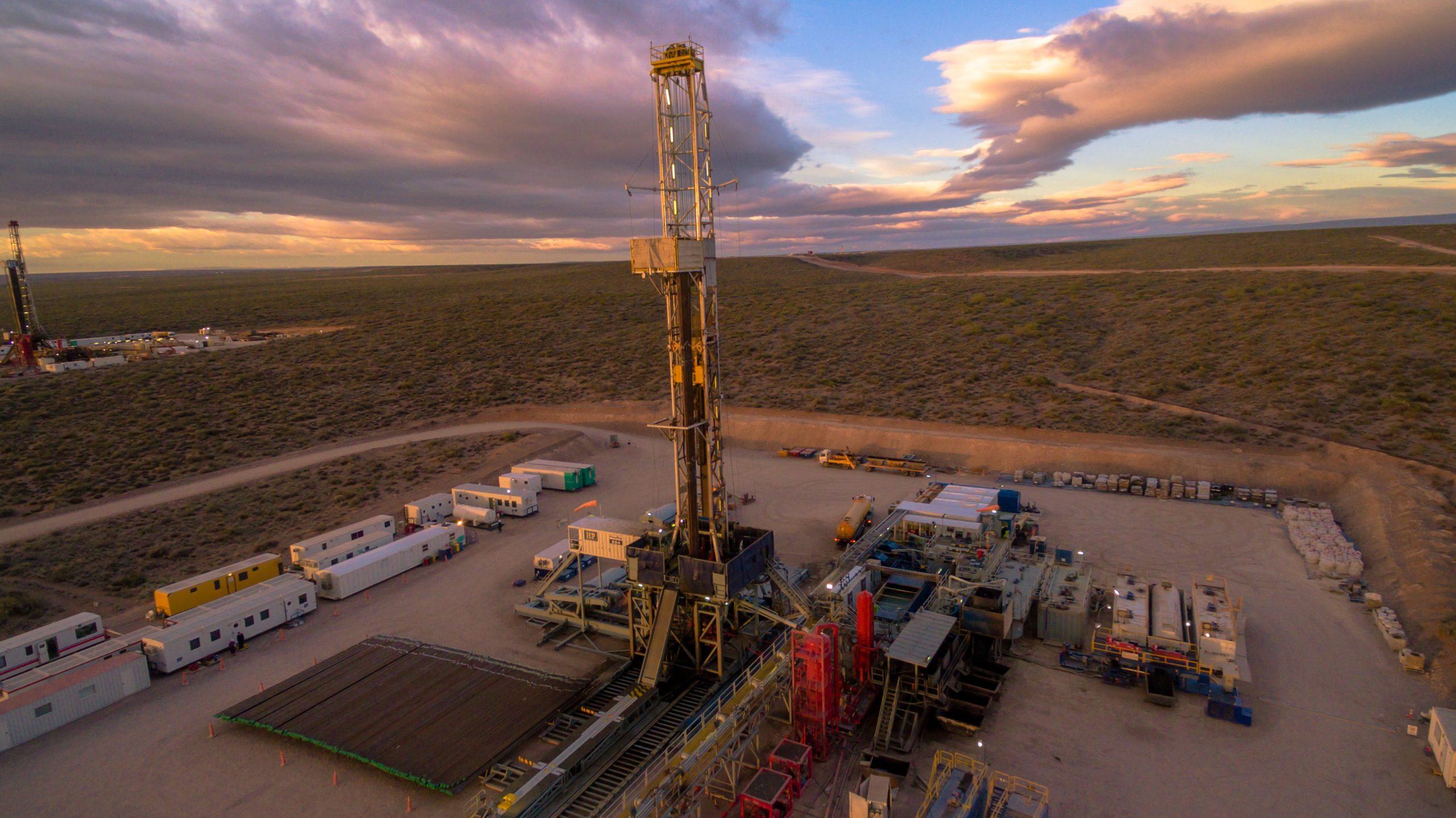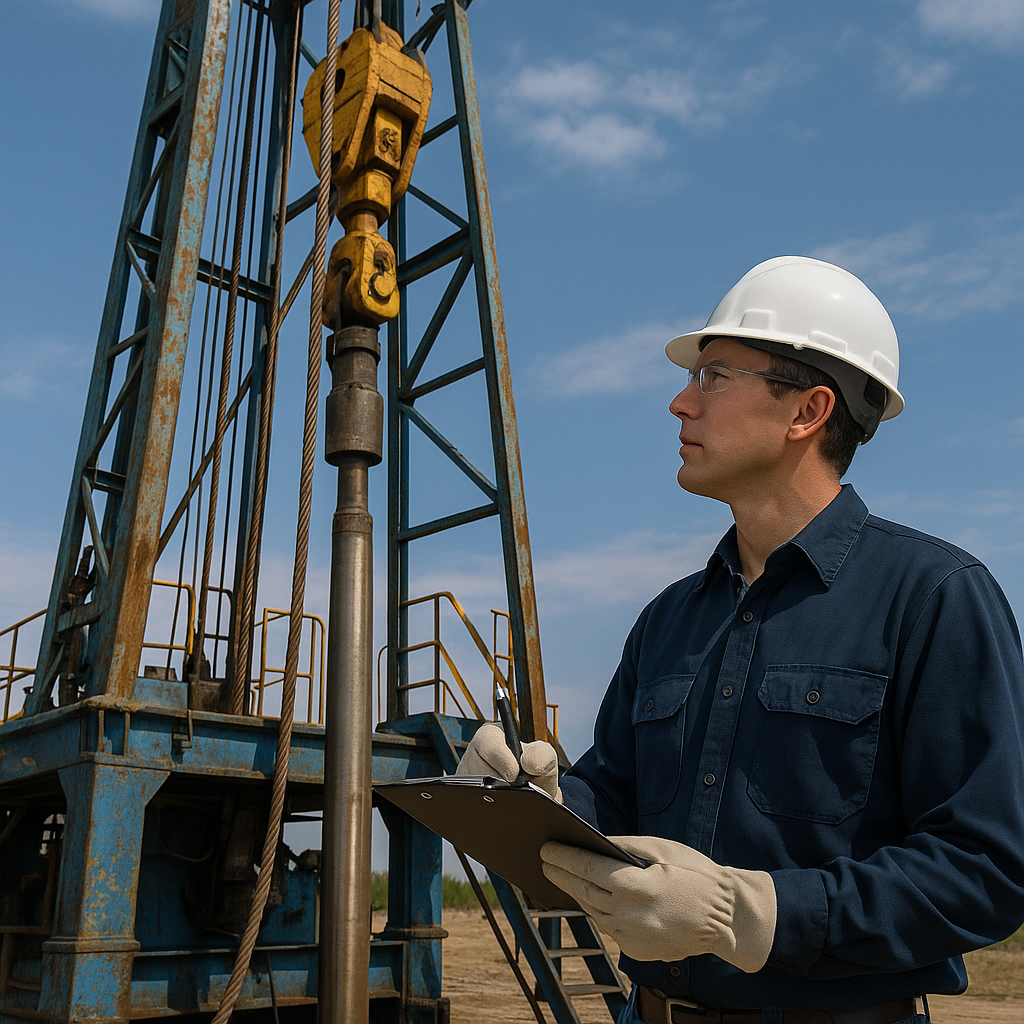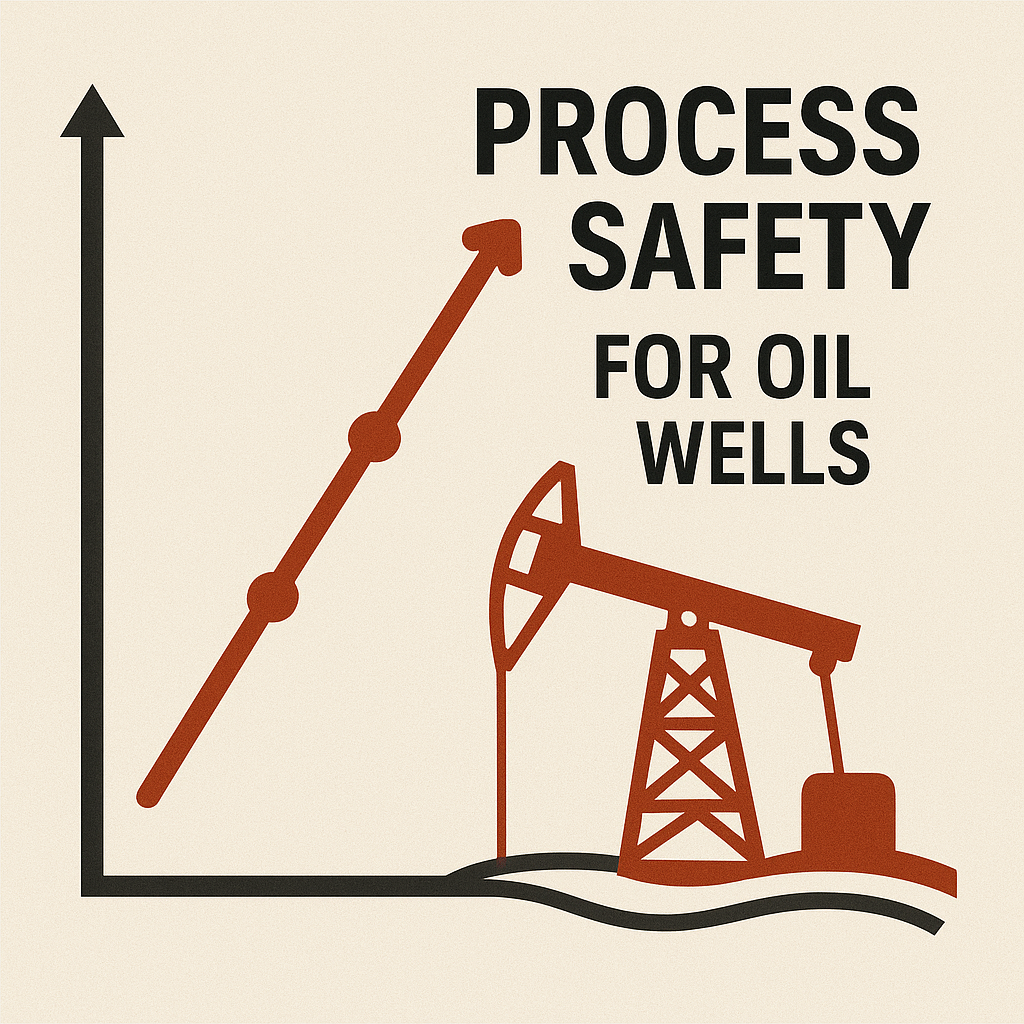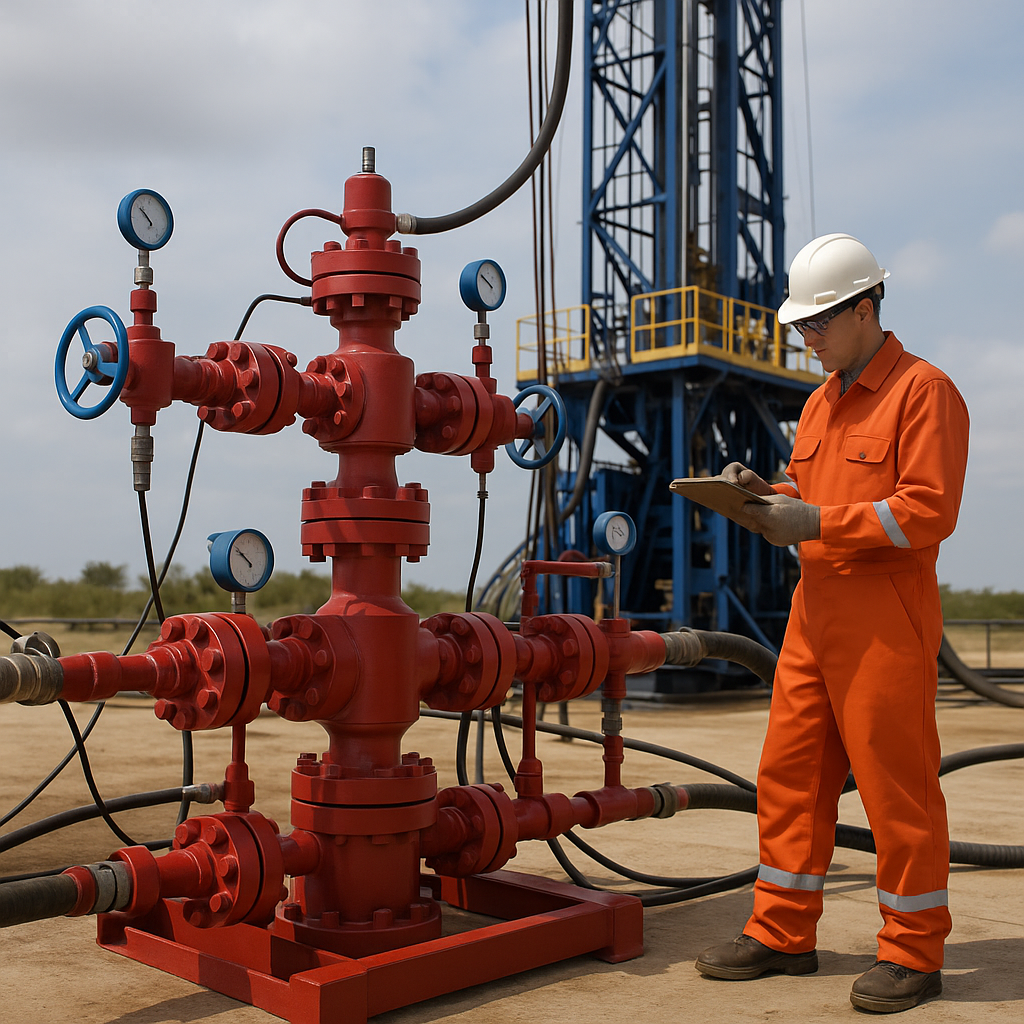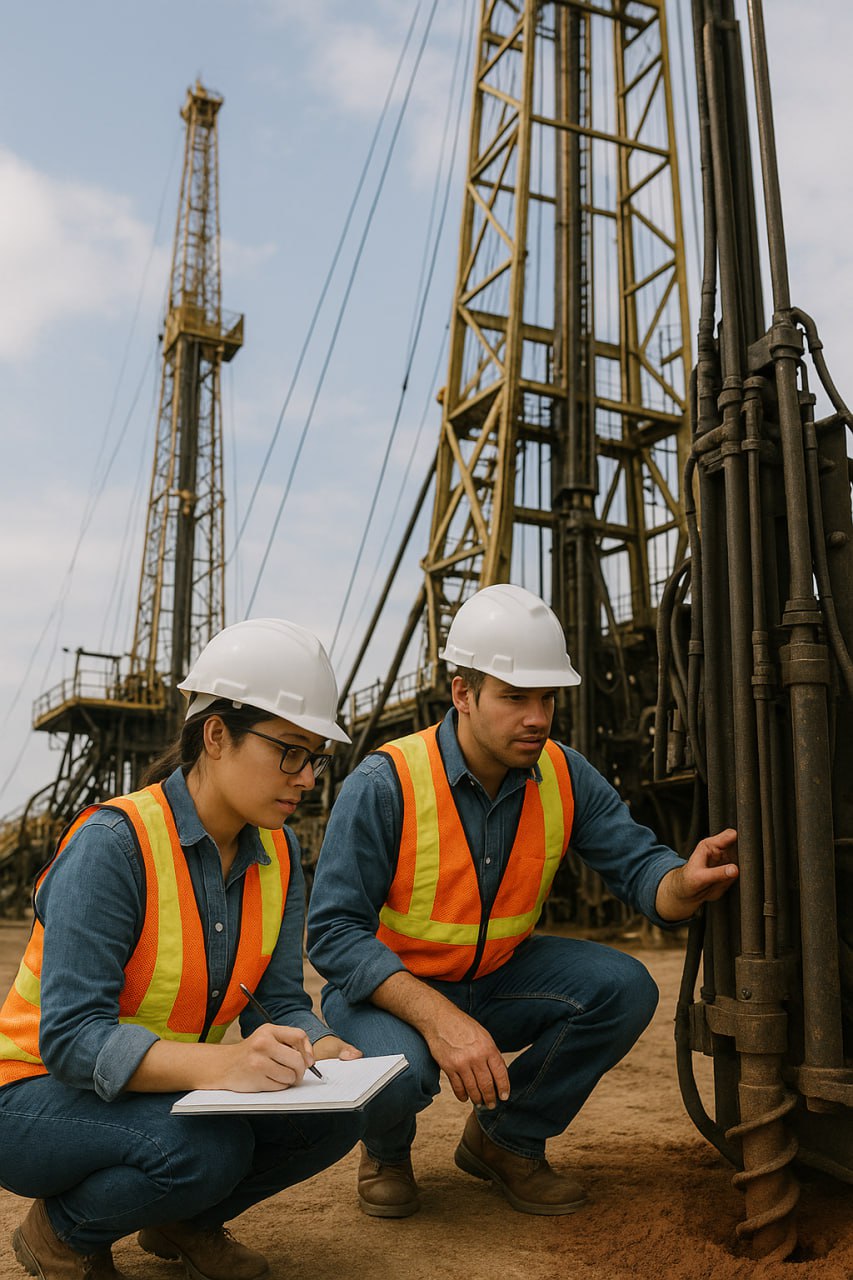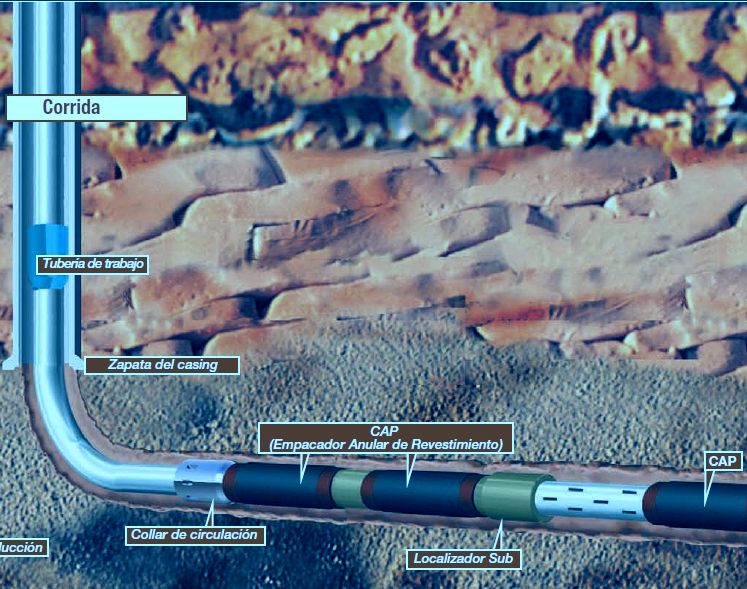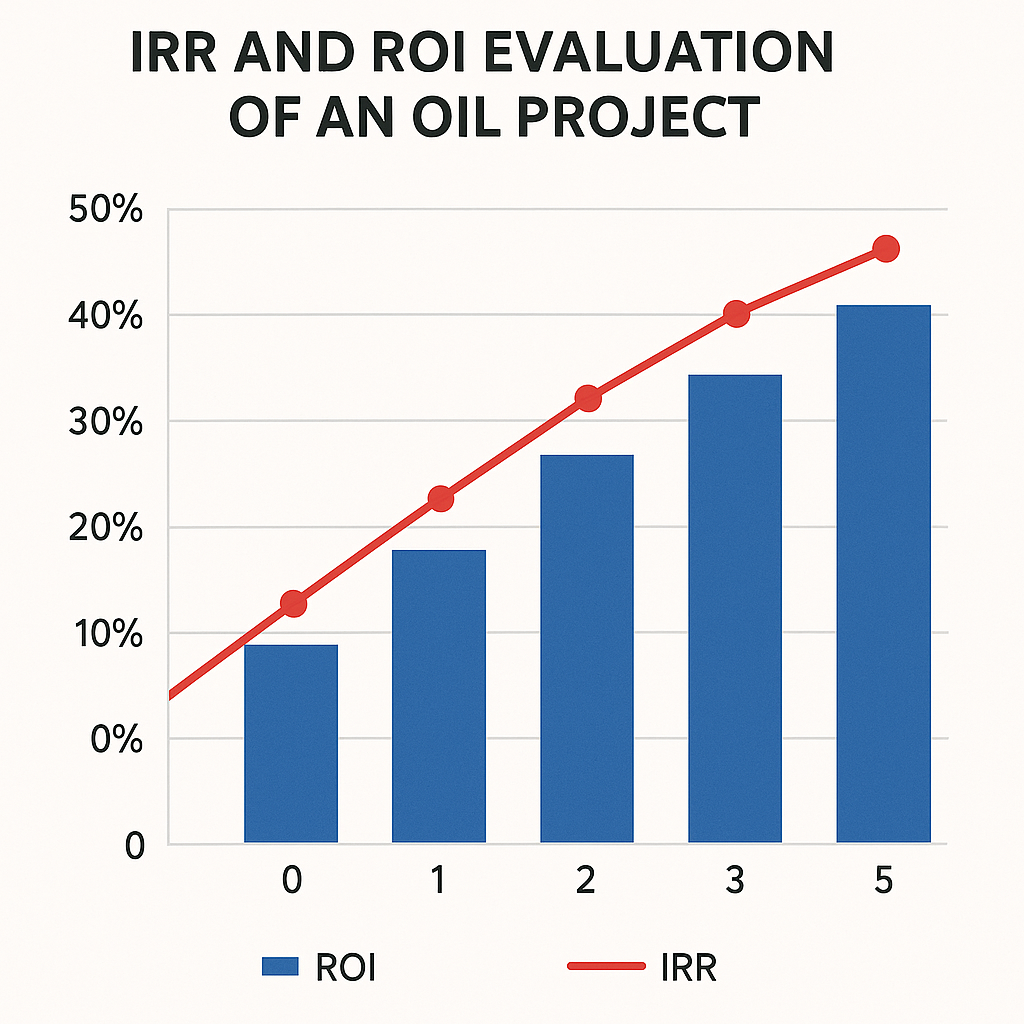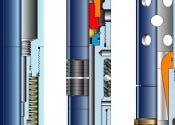Objectives:
Participants will learn to design and manage geothermal drilling projects, select appropriate technologies, and handle geothermal-specific risks. The course emphasizes heat transfer, fluid circulation, casing strategies, and safety issues relevant to geothermal energy extraction.
Audience:
This course is designed for drilling engineers, well planners, geothermal project managers, and technical professionals involved in renewable energy development, particularly those transitioning from oil & gas to geothermal operations.
Metodology:
The course is delivered through live online sessions combining instructor-led presentations, interactive discussions, and real-world case studies. Visual aids, schematics, and problem-solving exercises help bridge theory with practice, promoting deep engagement with geothermal-specific content.
Scope:
This course explores the unique challenges and technical considerations involved in geothermal drilling operations. It focuses on adapting conventional drilling practices to high-temperature and high-pressure environments, providing an in-depth understanding of the geothermal well construction process.
Content:
1. Introduction to Geothermal Drilling
- Key definitions and concepts
- Types of geothermal wells
- Comparison with oil & gas wells
- Geothermal heat sources and types of exploitation
- Performance gaps and how to evaluate a geothermal resource
2. Drilling Equipment and Principles
- Rotary drilling fundamentals and rig types
- Power, hoisting, rotation, circulation, and well control systems
- Equipment for high-temperature environments
- Solids control and fluid handling
3. Bottom Hole Assemblies (BHA) and Directional Drilling
- BHA components and configurations
- Mud motors, turbines, and MWD/LWD tools
- Bit types and temperature performance
- Directional drilling design and steering systems
- Temperature limitations in trajectory control
4. Wellbore Surveying and Collision Avoidance
- Survey methods and correction models
- Accuracy and uncertainty in directional wells
- Collision prevention and error models
5. Casing and Wellhead Design
- Tubular manufacturing and specifications
- Casing shoe selection and wellhead configuration
- Design considerations for HPHT wells
6. Metallurgy and Material Resistance
- Sweet and sour corrosion
- Selection of alloy materials and cost considerations
- Thermal weakening of tubulars
- Effects of H₂S on material integrity
7. Well Control and Operational Safety
- Hydrostatic pressure principles and kick detection
- Blowout preventers and double-barrier philosophy
- Well integrity and safety procedures
8. Bit Design and Performance
- Bit selection by propulsion method
- PDC cutter design and wear mechanisms
- Diagnosis of bit damage
9. Common Operational Problems
- Pipe sticking and poor hole cleaning
- Torque and drag management
- Axial, lateral, and torsional vibrations
- Fishing techniques and recovery operations
10. Drilling Fluids and Thermal Management
- Types and basic properties of geothermal fluids
- Measurement techniques and temperature effects
- Lost circulation control and safety considerations
11. Applied Geomechanics
- Rock stress analysis: thermal and hydraulic
- Natural and induced fracturing
- ELOT/XLOT test methods
12. Formation Damage and Productivity
- Permeability reduction during drilling
- Strategies to minimize damage and enhance reservoir productivity
13. Regulations, Public Perception, and Innovation
- Regulatory frameworks and licensing
- Risk management, KPIs, and team competencies
- Adoption of new technologies in geothermal drilling

